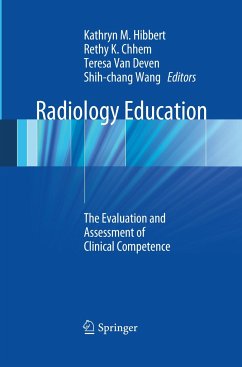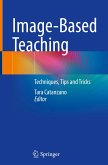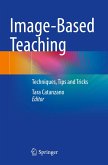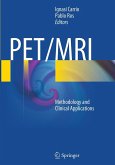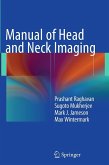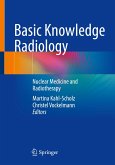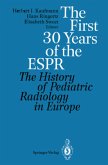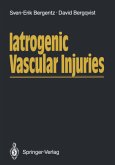This book reviews the philosophies, theories, and principles that underpin assessment and evaluation in radiology education, highlighting emerging practices and work done in the field. The sometimes conflicting assessment and evaluation needs of accreditation bodies, academic programs, trainees, and patients are carefully considered. The final section of the book examines assessment and evaluation in practice, through the development of rich case studies reflecting the implementation of a variety of approaches. This is the third book in a trilogy devoted to radiology education. The previous two books focused on the culture and the learning organizations in which our future radiologists are educated and on the application of educational principles in the education of radiologists. Here, the trilogy comes full circle: attending to the assessment and evaluation of the education of its members has much to offer back to the learning of the organization.
From the reviews:
"This is a fascinating insight into the academic and clinical field of medical and specialist education and assessment. The book is a valuable resource for those wishing to benchmark or develop their education and assessment frameworks, and is also of interest to anyone who is involved in mentoring radiology trainees. It is useful to educators from other disciplines in medical education or nursing and allied health, as the broad issues it tackles are multidisciplinary, and often culturally analogous." (Sharon Stewart, RAD Magazine, November, 2013)
"This is a fascinating insight into the academic and clinical field of medical and specialist education and assessment. The book is a valuable resource for those wishing to benchmark or develop their education and assessment frameworks, and is also of interest to anyone who is involved in mentoring radiology trainees. It is useful to educators from other disciplines in medical education or nursing and allied health, as the broad issues it tackles are multidisciplinary, and often culturally analogous." (Sharon Stewart, RAD Magazine, November, 2013)

